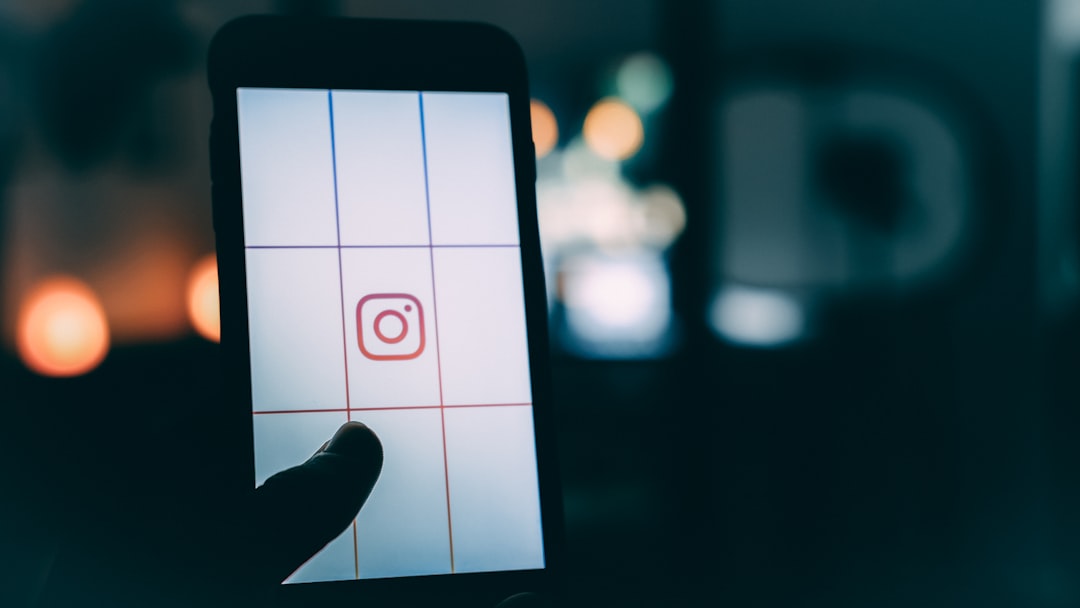In the ever-evolving world of digital communication, slang and abbreviations have become a common way to express ideas quickly and casually. One such popular abbreviation frequently seen in text messages and on social media platforms is IGHT. This four-letter term has gained widespread usage, especially among younger generations, leading many to ask: what exactly does it mean?
IGHT is a colloquial shortening of the word alright. It’s commonly used to show agreement, acceptance, or acknowledgment. Think of it as a laid-back way of saying, “Okay” or “That’s fine.” Instead of typing the full word, people opt for the short and trendy “IGHT,” which carries the same meaning but in an informal, cool tone.
Origin and Evolution
The abbreviation IGHT emerged from spoken slang before making its way into text form. The pronunciation of “alright” often softens in casual speech, turning into something that sounds like “ight.” As texting and social media gained prominence, this verbal shorthand found new life in written conversations.

Initially used primarily by younger individuals in casual settings, the term has since spread across various age groups and communication platforms, thanks to the ubiquity of texting, memes, and online videos.
Common Uses of IGHT
IGHT is incredibly versatile and is often used in multiple contexts. Here are some of the most common ways it appears in everyday communication:
- Agreement or Confirmation: “I’m heading over now.” – “IGHT, see you soon.”
- Dismissive or Neutral Acceptance: “I couldn’t get the tickets.” – “IGHT, maybe next time.”
- Checking In: “You good?” – “Yeah, I’m IGHT.”
The tone in which IGHT is delivered can slightly change its perceived meaning. For instance, writing it in all caps might suggest excitement or emphasis, while a simple “ight” could come off as casual or indifferent.
Variations and Related Terms
Some of the popular variations of IGHT include:
- Aight: Another phonetic spelling commonly seen in texts and rap lyrics.
- Aiight: A more exaggerated version, sometimes used for humor or emphasis.
These variations serve a similar purpose and are used interchangeably depending on the user’s style or the tone of the conversation.
Culture and Social Media Influence
Platforms like TikTok, Instagram, and Twitter have played a significant role in the popularization of terms like IGHT. Social media posts, reaction videos, and viral memes often use the term for its comedic or relatable effect.

For example, you might find a meme pairing a sheepish smile with the simple caption “IGHT,” perfectly capturing an awkward yet accepted moment of defeat or resignation.
When Not to Use IGHT
Although IGHT is widely accepted among peers and online circles, it might not be appropriate in all scenarios. Here are a few examples when it’s better to stick with more formal language:
- Professional emails
- Academic writing
- Formal documents or discussions
Using “IGHT” in a professional setting might come off as unprofessional or immature, so it’s always best to consider your audience before adding casual slang into a conversation.
FAQs About IGHT
-
Q: What does IGHT stand for?
A: IGHT is a slang abbreviation of the word “alright.” It is used to show agreement or acceptance in casual conversations. -
Q: Is IGHT formal or informal?
A: IGHT is extremely informal and should only be used in casual settings, like texting friends or commenting on social media. -
Q: Can IGHT be used in a professional context?
A: No, it is best to avoid using IGHT in professional or academic environments. -
Q: Are there any variations of IGHT?
A: Yes, common variations include “Aight” and “Aiight,” which carry the same meaning but differ in style or emphasis. -
Q: Is IGHT the same as OK?
A: Essentially, yes. IGHT and OK can both be used to show agreement or acknowledgment, though IGHT has a more casual and modern tone.
Whether it’s used in a funny meme or just as a quick reply to a friend, IGHT has cemented its place in today’s digital lingo. While it’s not appropriate for every situation, it adds flavor and personality to everyday conversations.



